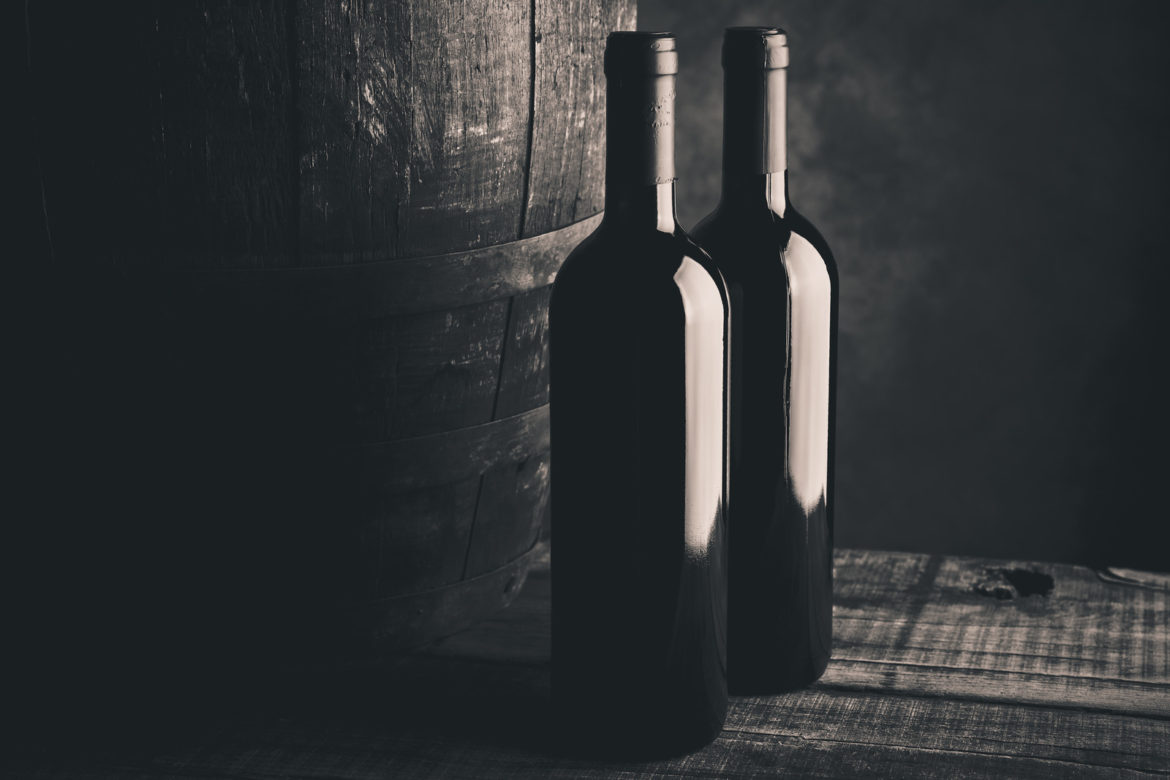|
Getting your Trinity Audio player ready...
|
In this week’s episode we hear from Decanter’s Editor in Chief Chris Maillard about the challenge of refreshing Future’s newly-acquired wine brand – without alienating its incredibly loyal readership. He discusses his illustrious past at magazines like Top Gear and Maxim, what it’s like starting a new job in a pandemic, and the logistics of virtual wine tastings.
In the news roundup we discuss whether local news has reached a turning point, and ask if we’d pay for Twitter Blue. A lightly edited transcript is available here, or there are highlights below:
Where it all started
I started my career in publishing in the very traditional way, in a local newspaper, a very old established local newspaper, The Nottingham Evening Post. At the time, it was run by local nobility as they often were. And the print plant was downstairs from the editorial offices.
At about 12 o’clock, you heard the presses start up and there were people wandering around with trays of hot lead. It was fully traditional. In fact, I had Graham Greene’s old typewriter because he worked at the Evening Post. Just ridiculous, a vanished world, I have to say.
On the magazine business
From the early 2000s onwards, really, there’s been a kind of a feeling in the industry, the sort of mood music has been vague panic, you know, ‘It’s a decline’ or ‘We’re all doomed’… not entirely unconnected to the fact that the other thing that was running around the industry was ‘Let’s give all our content away on the internet for free’. At times, it felt like that scene in a James Bond film where he hops from alligator to alligator across a river.You’re just keeping ahead of it some of the time.
On joining Decanter
Although decanter is a funny old beast, it’s a successful one. It’s almost accidentally built up what looks like the ideal modern publishing portfolio. It has a very successful awards event, worldwide awards, which makes a fortune. It has other very good events; some of them are virtual this year.
It has a paywalled website, which does very well and also a non-paywalled element of the website on top of that which gets good traffic. And it has a magazine, you know, a traditional print magazine, which has a very faithful subscriber base, and a very good set of clients. Advertisers still pay a fairly large amount of money to go in a magazine and it makes a profit, which is just weird in this day and age.
On refreshing the magazine
People who have been subscribing since 1975 are not desperately keen on change. And it is a real balancing act to moderate the level and kind of change that we need to do to fit that readership.
I’ve also been incredibly careful to try and keep the elements that long term readers like, and make sure that they know that they’re kind of looked after and ensure there’s a sense of comfort, that it hasn’t been completely ruined. Whether I’ve entirely done that is another question, but it’s always been at the back of my mind that you can’t just kind of throw the baby out with the bathwater.
On ecommerce
Wine doesn’t work like that, sadly. Wine is sold by an absolute gaggle of small producers and independent merchants. There certainly isn’t an Amazon equivalent. If you get huge traffic on a particular set of product reviews in, say, tech, and you’re thinking ecommerce, you go to Amazon, you go to maybe Sony or Samsung or Apple, one of the few big players in the market. It doesn’t work that way with wine at all.


